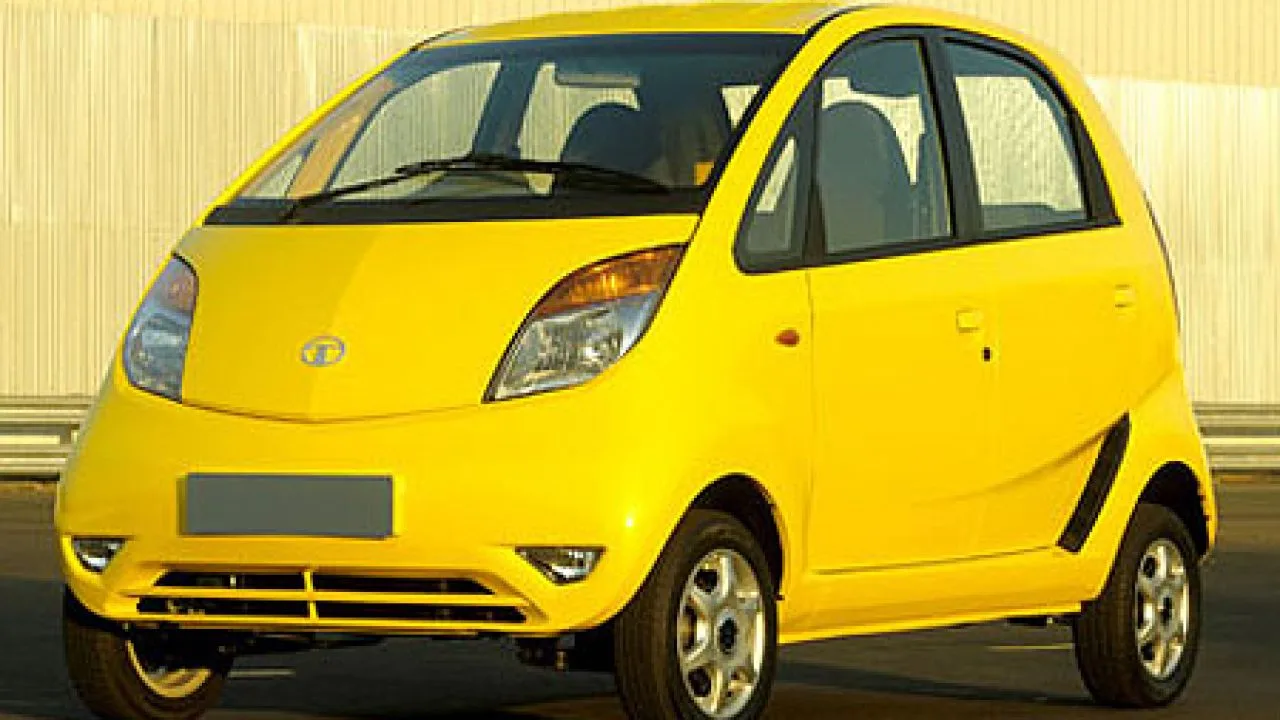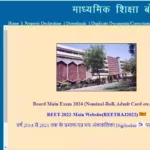The Tata Nano, launched in 2008 with the ambitious goal of being the “world’s cheapest car,” captured global attention. However, its sales trajectory fell short of initial expectations. Now, in 2024, rumors of a new Nano have surfaced, sparking curiosity about its potential impact on the Indian car market. Let’s delve into the reasons behind the discontinuation of the original Nano, explore the rumors surrounding the new model, and analyze its potential success in the current market landscape.
The Rise and Fall of the Original Nano
The Nano’s initial appeal stemmed from its ultra-low price tag. It aimed to provide a safe and affordable alternative to two-wheelers for budget-conscious families in India. However, several factors contributed to its decline in popularity. The perception of the Nano as a “cheap car” rather than a practical vehicle hampered sales. Safety concerns, initial quality issues, and the rise of used car market options further challenged its position. Eventually, production ceased in 2018.
Rumors of a New Nano Electric Dreams?
The whispers of a new Nano point towards a potential electric version. This aligns with the Indian government’s push for electric vehicle (EV) adoption and the rising popularity of affordable electric scooters in the market. An electric Nano could potentially address the limitations of the original model. It could shed the “cheap car” image by being associated with clean technology and environmental consciousness. Additionally, electric vehicles offer lower running costs, potentially appealing to budget-minded buyers.
Challenges and Opportunities for a New Nano EV
The potential success of a new Nano EV hinges on overcoming several challenges. Firstly, ensuring a competitive price point while incorporating essential safety features and a decent driving range will be crucial. Secondly, addressing the perception of the Nano brand and building trust in its electric powertrain will be essential.
However, opportunities abound. The growing EV infrastructure in India could alleviate range anxiety concerns. Additionally, a well-designed and marketed electric Nano could cater to a new generation of budget-conscious buyers seeking an eco-friendly and practical urban mobility solution.
Potential Features and Impact
A new Nano EV could offer a practical and comfortable cabin for a small family. Features like basic connectivity options and a user-friendly charging system could enhance its appeal. If priced strategically, it could become a compelling option for first-time car buyers in Tier 2 and Tier 3 cities, potentially accelerating EV adoption in these regions.
Beyond Affordability A Symbol of Progress?
A well-received electric Nano EV could go beyond just being an affordable car. It could become a symbol of India’s progress in the EV sector. By offering a practical and accessible electric vehicle option, Tata Motors could contribute to a cleaner and more sustainable transportation ecosystem in India.
The Road Ahead A Speculative Journey
While details about a new Nano remain unconfirmed by Tata Motors, the rumors spark an intriguing conversation about the future of affordable electric mobility in India. Whether a new Nano emerges and how it fares in the market remains to be seen. However, one thing is certain: the Indian automotive industry is at a crossroads, and the success of an electric Nano could significantly influence the trajectory of EV adoption in the world’s second-most populous country.




